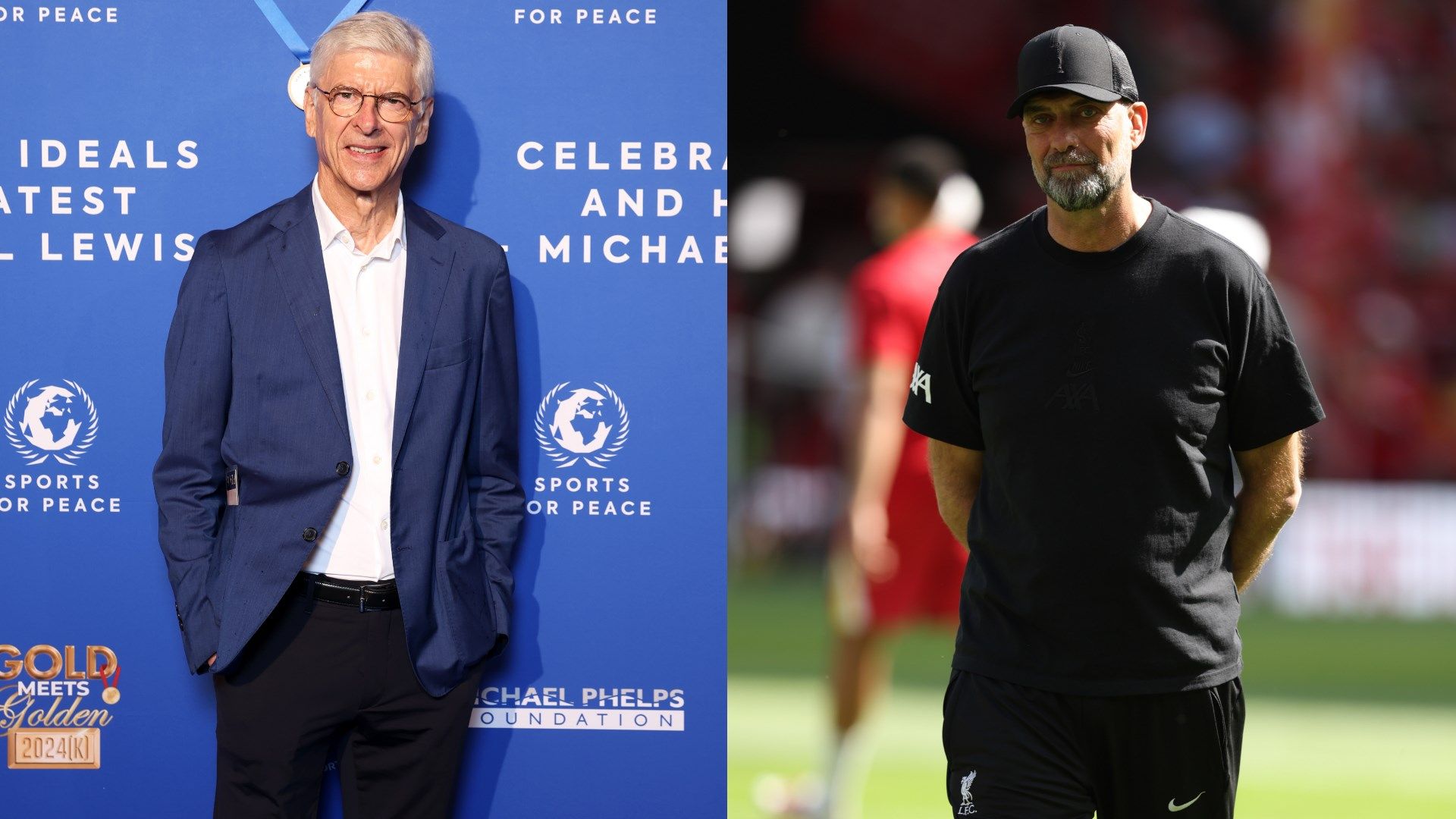Club World Cup row: Wenger hits back at Klopp
Club World Cup critics have found an outspoken opponent in Arsene Wenger, who has emphatically rejected Jurgen Klopp’s claim that FIFA’s expanded 32-team showpiece is “unnecessary” and “commercially driven.” Speaking in New Jersey before Sunday’s Chelsea-PSG final, the former Arsenal manager and current FIFA chief of global football development insisted the redesigned tournament is already a “real world championship” that has captured the imagination of clubs, broadcasters and supporters alike.
Why the Club World Cup Matters
Wenger argues that the Club World Cup serves a broader purpose than a traditional pre-season tour or one-off continental clash. By bringing together champions from every confederation, he believes the event strengthens the sport’s competitive balance and offers emerging markets a genuine taste of elite football. Early attendance figures—averaging 63,000 across the United States venues—have surpassed internal FIFA projections, while global TV audiences have outperformed the previous seven-team format by 42 percent. “When you see Boca Juniors facing Manchester City in Atlanta or Yokohama F. Marinos taking on Real Madrid under Texan floodlights, you understand this is football without borders,” Wenger said.
Wenger Responds to Klopp’s Concerns
Jurgen Klopp had warned that another major competition would “stretch players to breaking point,” yet Wenger counters that scheduling safeguards have been built in. The Club World Cup now occupies a three-week June slot in odd-numbered years, replacing many lucrative but physically taxing summer friendlies. Participating UEFA sides enter at the round-of-32 stage, ensuring a maximum of seven matches—fewer than a Champions League run-in. “Players cannot play 80 games a season, that is clear,” Wenger admitted, “but a streamlined calendar with fewer meaningless fixtures and a true global tournament is a health benefit, not a threat.”
Financial and Competitive Landscape
FIFA projects $2 billion in central revenue for the inaugural 2025 edition, 20 percent of which is earmarked for a solidarity pool that will fund youth development across 211 member associations. Chelsea and PSG, finalists this weekend, each secured at least $50 million for reaching the showpiece, eclipsing the prize money of many domestic leagues. Critics contend that such sums only widen the gap between giants and minnows, yet Wenger counters that the increased visibility for clubs like Seattle Sounders, Al Ahly and Auckland City promotes sponsorship opportunities that were once unattainable. “The pie is bigger—our job is to slice it fairly,” he commented.
Players’ Welfare and Scheduling
Concerns about player burnout remain central to Klopp’s argument, but sports-science data supplied by FIFA indicates that minute-loads at the Club World Cup are comparable to major continental tournaments. Medical teams employ in-tournament recovery windows, and every squad may register 26 players, allowing rotation. Furthermore, the use of climate-controlled stadiums in Houston, Miami and Los Angeles mitigates extreme summer heat, a lesson FIFA says will inform preparations for the 2026 men’s World Cup across North America.
Road to the Chelsea vs PSG Showpiece
The route to Sunday’s finale has produced headline moments that underline the appeal of a larger Club World Cup. Chelsea eliminated River Plate on penalties after Enzo Fernández cancelled out Salomón Rondón’s opener—an encounter watched by a record 6.1 million UK viewers on free-to-air television. PSG, meanwhile, brushed aside Monterrey and then edged Manchester City in a breathless 3-2 semi-final, Kylian Mbappé delivering a 94th-minute winner in what may be his final game before a widely-tipped move to Spain. Ticket resale platforms list the final at MetLife Stadium from $460, illustrating the fixture’s unique pull in the U.S. market.
What Fans and Clubs Say
Surveys conducted by European Club Association members reveal that 78 percent of supporters favour a global club tournament if it replaces certain friendly dates rather than domestic league fixtures. Chelsea coach Mauricio Pochettino praised the organisational standards—“From training facilities to VAR implementation, everything feels Champions League-level.” PSG’s Luis Enrique was more guarded, urging FIFA to “continuously consult players” but admitting the atmosphere has been “electric.” Even Klopp’s Liverpool, winners of the 2019 edition, have privately acknowledged the commercial upside despite the manager’s public scepticism.
Opinion: A Tournament Evolving in Real Time
Traditionalists will argue that the Champions League remains the pinnacle of club football, but the Club World Cup is carving out its own identity, blending sporting merit with the global reach modern audiences crave. Wenger’s defence of the concept is not merely corporate rhetoric; it reflects a strategic push to democratise access to high-level competition while safeguarding player health through smarter calendar design. Klopp’s concerns are valid, yet they represent a challenge to refine, not abandon, the project. As Chelsea and PSG prepare to duel under the New Jersey skyline, the expanded tournament already feels less like an experiment and more like a fixture on the footballing landscape.
Your global gateway to nonstop football coverage:
News Goal
Share this content:

